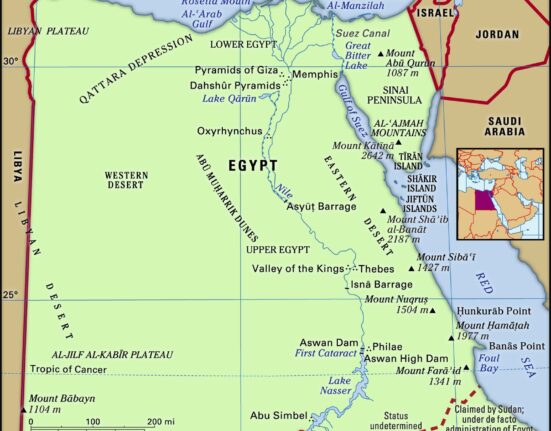The Middle East has always been a cauldron of complexities, where conflicting interests collide and power dynamics constantly shift. From political intrigue to nuclear threats, the region is a battleground where global powers and local actors jostle for control. As nearly 40% of the world’s energy reserves sit within its borders, the Middle East’s strategic importance cannot be overstated. The recent conflict between Israel and Iran has once again brought these tensions to the forefront, revealing a significant shift in power dynamics.
“In this evolving landscape, Israel is not just a player but is emerging as a key security enforcer and influencer in the region,”
said Dr. Hatem Sadek, a prominent expert on Middle Eastern affairs.
The current narrative marks a departure from historical precedents. Unlike past instances where external powers dictated regional agendas, today’s scenario sees Israel taking charge of its own destiny with tacit approval from Washington. The signs are unmistakable – with Admiral James Kilby highlighting the strain on US resources in maintaining Gulf security and endorsing a more active role for Israel in ensuring regional stability.
As Congress considers empowering President Trump to furnish Israel with advanced weaponry like B-2 stealth bombers and bunker-buster bombs through the proposed “Bunker Buster Act,
” the region stands on the cusp of a paradigm shift in military capabilities.
“
This legislation could reshape military dynamics across the Middle East, granting Israel unprecedented strategic leverage,
” noted American Congressman Josh Gottheimer.
If enacted, this move would enable Tel Aviv to assert dominance over regional airspace from Lebanon to Iran, fundamentally altering existing power structures. This shift aligns closely with Trump and Netanyahu’s vision of containing Iran’s influence while strengthening ties with pro-Western allies in the region.
“
The evolving partnership between Trump and Netanyahu signifies a turning point in US-Israeli relations,” remarked Dr. Sadek.
“It underscores Israel’s pivotal role in shaping Middle Eastern geopolitics.”
Central to this realignment is an ambitious agenda aimed at curbing Iranian ambitions, stabilizing conflict zones like Syria under Western-friendly leadership, forging economic partnerships through initiatives like the Abraham Accords, countering Chinese influence through enhanced military cooperation with Gulf nations, all while safeguarding Israel’s technological edge.
Despite these grand designs, challenges loom large on the horizon. While Israel possesses unparalleled military prowess bolstered by cutting-edge technology and robust intelligence networks, resistance from within the region could upset this delicate balance of power.
“The key question remains: Will regional players muster the unity and resolve needed to challenge Israel’s growing authority?”
pondered Dr. Sadek.
As time ticks away towards potential upheaval or consolidation of Israeli dominance over Middle Eastern skies and resources,
“Egypt median o/n interbank drops to 8.76 pct In Cartoon: Egypt also bans burkini…
Contractors fume over referee selection Cassation Court postpones…”
In conclusion,
the shifting sands of power politics in
the Middle East paint an intricate tapestry
of ambition,
conflict,
and strategic maneuvering.
Only time will tell how this high-stakes game unfolds
and who emerges as victor
in this geopolitical chessboard.









Leave feedback about this